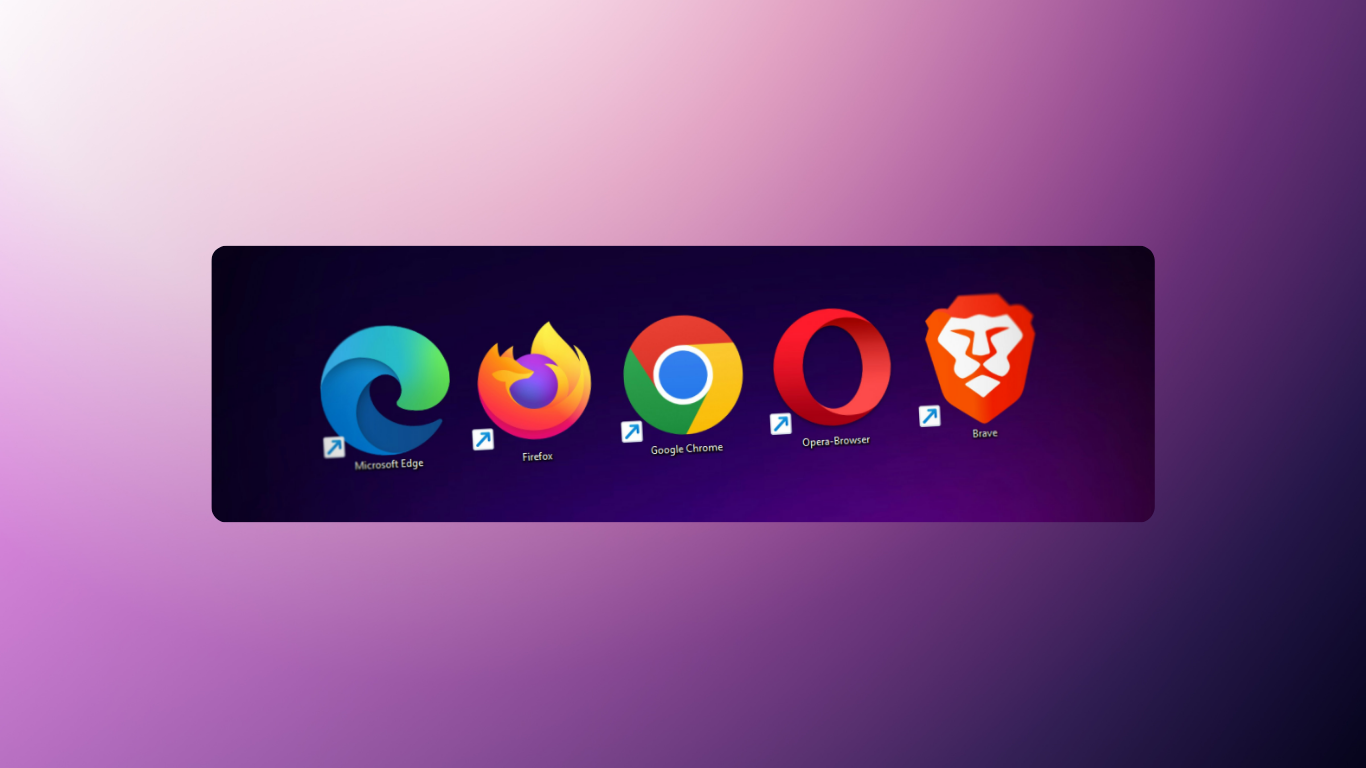The global browser market saw notable changes in December 2024, with Google Chrome strengthening its grip and Microsoft Edge making modest gains. According to Statcounter, Chrome continues to lead the pack with a commanding 66.88% market share, followed by Microsoft Edge, which has risen to 13.21%. The competitive landscape highlights significant gaps between major players, while smaller browsers face an uphill battle.
A Look at Chrome’s Reign

As the undisputed leader, Google Chrome opened 2025 with an impressive 66.88% share of the browser market. The browser added 0.5 percentage points in December alone, showing consistent growth and ending the year 1.65 percentage points ahead of December 2023. Chrome’s user-friendly design, robust extension ecosystem, and tight integration with Google services are the key drivers behind its success.
However, Chrome’s dominance hasn’t come without challenges. The U.S. Department of Justice is pressing for Google to separate Chrome from its parent company, citing concerns about fair competition. Proponents argue that such a move could foster innovation, but Google counters that divestment might weaken U.S. technological leadership and compromise user security.
Microsoft Edge: Slow and Steady Growth
Microsoft Edge, while still a distant second, recorded a 0.34 percentage point increase in December, climbing to a 13.21% market share. Year-over-year, the browser grew by 2.31 percentage points, reflecting steady progress. Edge has leveraged its integration with Windows and AI-powered features to attract users, but the gap between it and Chrome remains vast.
Edge’s growth has also drawn scrutiny in Europe. Advocacy groups and competitors have urged the European Commission to classify Microsoft as a gatekeeper under the Digital Markets Act, citing concerns about anti-competitive practices. If the European Union enforces stricter regulations, Microsoft may need to adjust its strategy for Edge.
Safari, Firefox, and Opera: Battling for Market Share
Apple’s Safari secured third place with an 8.49% market share, despite a 0.64 percentage point decline in December. Its performance is particularly notable given its exclusivity to Apple devices, which limits its potential reach. Safari’s focus on privacy and seamless integration within the Apple ecosystem continues to attract a loyal audience.
Mozilla Firefox and Opera, on the other hand, are facing ongoing declines. Firefox dropped to 6.14% in December, losing 0.3 percentage points, while Opera fell to 2.74%, a 0.07 percentage point decrease. Both browsers struggle to compete with the extensive features and marketing power of their larger rivals.
Browser Market Share Overview (December 2024)
- Google Chrome: 66.88% (+0.5%)
- Microsoft Edge: 13.21% (+0.34%)
- Apple Safari: 8.49% (-0.64%)
- Mozilla Firefox: 6.14% (-0.3%)
- Opera: 2.74% (-0.07%)
The Road Ahead
The browser market is at a crossroads, with regulators in the U.S. and Europe poised to challenge the dominance of leading players. Google faces pressure to spin off Chrome, while Microsoft is under scrutiny for Edge’s business practices. These potential regulatory shifts could create opportunities for smaller browsers to carve out their niche.
Despite the uncertainties, Chrome remains untouchable for now, with Microsoft Edge slowly climbing the ranks. As Safari, Firefox, and Opera navigate their challenges, the coming months will reveal whether the market will see significant shake-ups or if the status quo will prevail. For users, these changes could mean more innovation and competition in the browser landscape.

Subtly charming pop culture geek. Amateur analyst. Freelance tv buff. Coffee lover
